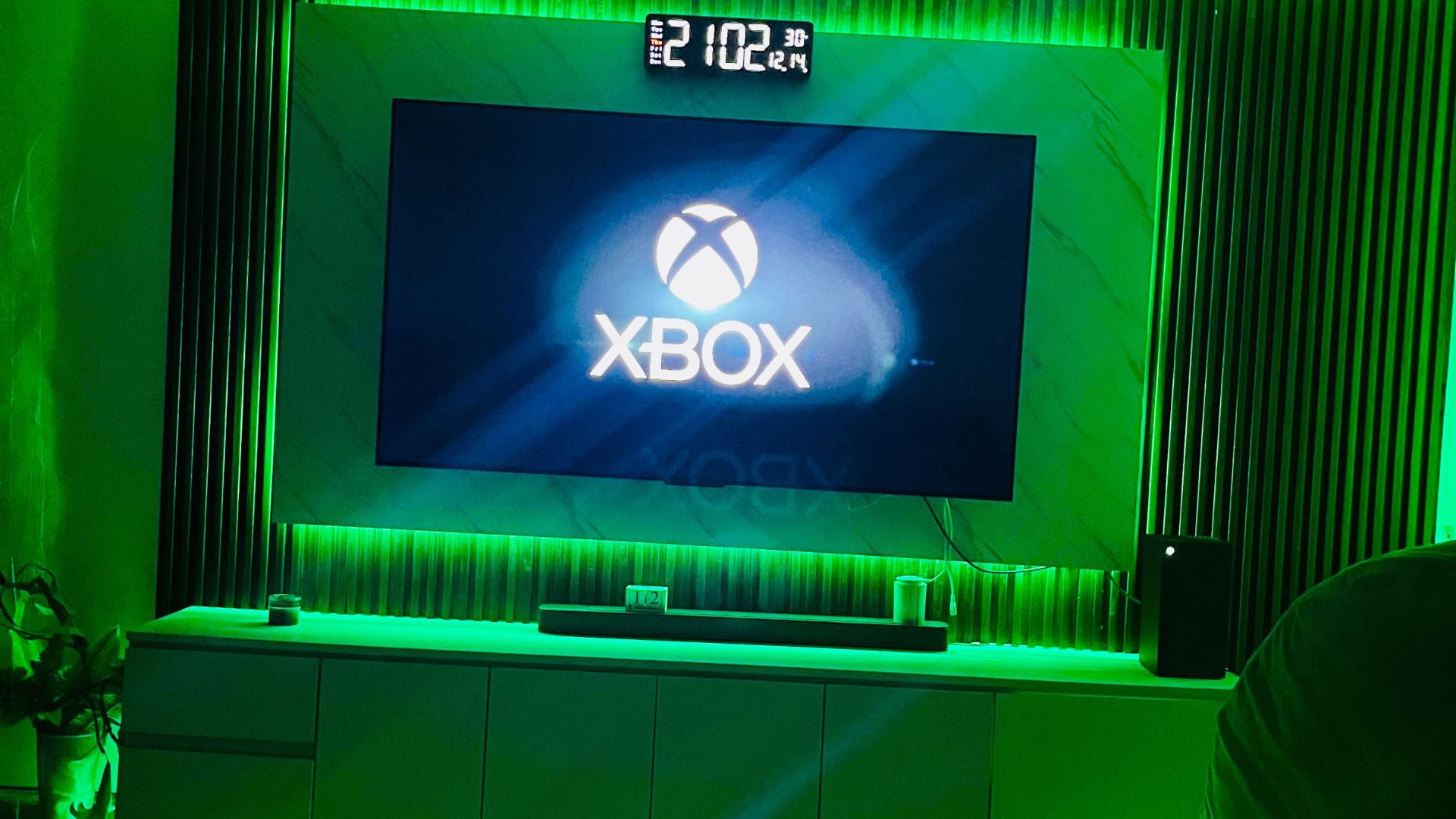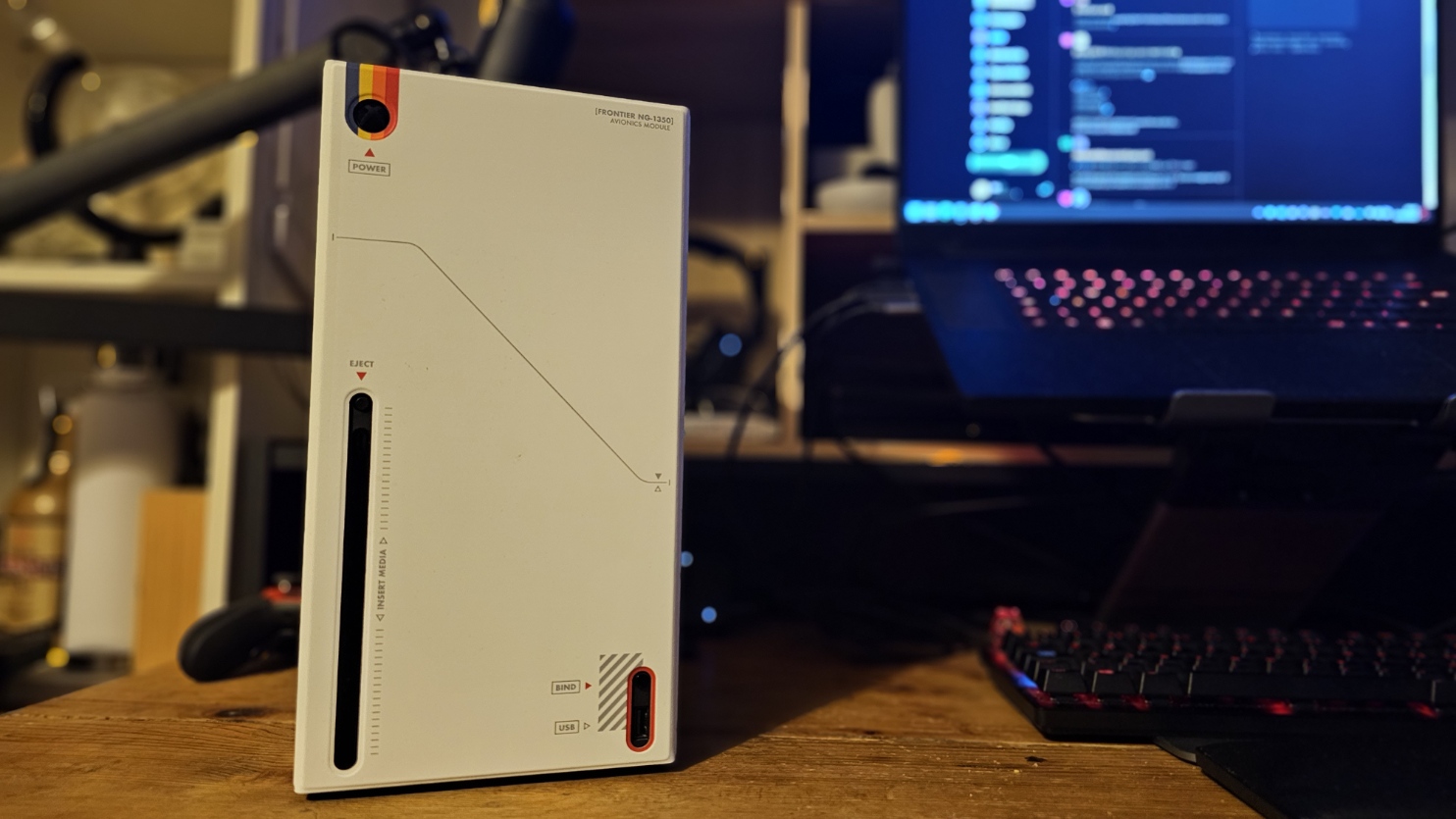
What you need to know
- Xbox's General Manager for AI Gaming says game developers' adoption of AI will be a significant leap forward, making games more enjoyable for players.
- However, the manager acknowledges the need for tools that meet developer-specific needs to explore AI's potential in gaming.
- A separate report details the adoption of AI game development by various studios and developers' reluctance to clean up the mess made by the technology: "It's not why I got into making games."
Generative AI has undoubtedly reshaped life as we know it across all sectors, including education, medicine, music, computing, and even gaming. Microsoft is among the top tech corporations that have jumped on the AI bandwagon head-first and incorporated it across its tech stack. And it's now starting to trickle down to gaming.
At the GDC 2024 conference, my colleague Zachary Boddy stated that AI in gaming dominated the show but highlighted critical issues. According to Boddy:
"I want to be optimistic, but I must be cautious about it — whatever your economic or political stances, companies shouldn't be trusted unreservedly because profits will always matter more than people. However, AI does have a lot of potential to create new game experiences that otherwise would be impossible, and can also enhance games during the development process as a tool for developers to use."
AI in gaming is highly promising, but it's faced with critical issues

AI is already an essential element of gaming featured across video games. And now, according to Xbox's General Manager of Gaming AI Haiyan Zhang:
"The field of Artificial Intelligence advanced from rule-based systems to neural network-based systems – and now with generative AI, we see interesting potential to innovate the experience of games."
Zhang says that as video games become more immersive, generative AI plays a crucial role and could be leveraged to personalize gameplay with deeper conversations, curated play experiences, and more.
The General Manager highlights that game developers are already making significant leaps. For instance, an Indie game dubbed Smoking Gun, developed by ReLU studios in Korea, allows players to interact with in-game characters powered by language models to solve murder cases.
However, Zhang acknowledges the need for tools to allow developers to explore AI's potential in gaming. "We need to reduce the barriers to putting AI into games," added Zhang. We need to figure out the overhead cost of inference—which is still a question for many developers."
Zhang says a starting point for this would be expanding the capabilities of AI applications to meet game developer needs. In the interim, Microsoft has partnered with Inworld to develop advanced tools to help game developers leverage tools like OpenAI's GPT-4 to in-game NPCs to power conversations.
At Microsoft's Windows and Surface event, the company demonstrated how Copilot AI can be leveraged to make gaming more enjoyable for players. Players can interact with the tool directly from the game interface and ask questions, and then it can scheme through your Minecraft inventory for the necessary materials.
Microsoft Research is also leveraging the power of AI chatbots to summarize long-form content and reason over the information, making work easier and faster.
AI needs to become tools that augment our abilities, to help us do more. And in turn, even allow us to do new things we couldn’t do before.
Xbox GM of Gaming AI Haiyan Zhang
Aside from fostering continued gameplay even after players get stuck in a puzzle, AI can support and develop talents by prompting upskilling, training, and sharing best practices.
While it seems highly promising, AI is seemingly turning into a dangerous threat for creative professionals. AI-powered tools like Image Creator from Designer are impressive and can generate sophisticated structural designs, potentially rendering architects and interior designers jobless. However, these tools seemingly fail at simple tasks like creating a plain white image.
To this end, it seems highly uncertain that AI can take up complex tasks like game development and knock it out of the park.
In a separate report, a game developer highlighted critical concerns about the use of AI in game development across studios. The developer indicated that AI can develop games, but game studios still need developers to clean up the mess and errors made by the system. "The stuff that AI generates, you become the person whose job is fixing it. It's not why I got into making games," the developer concluded.






